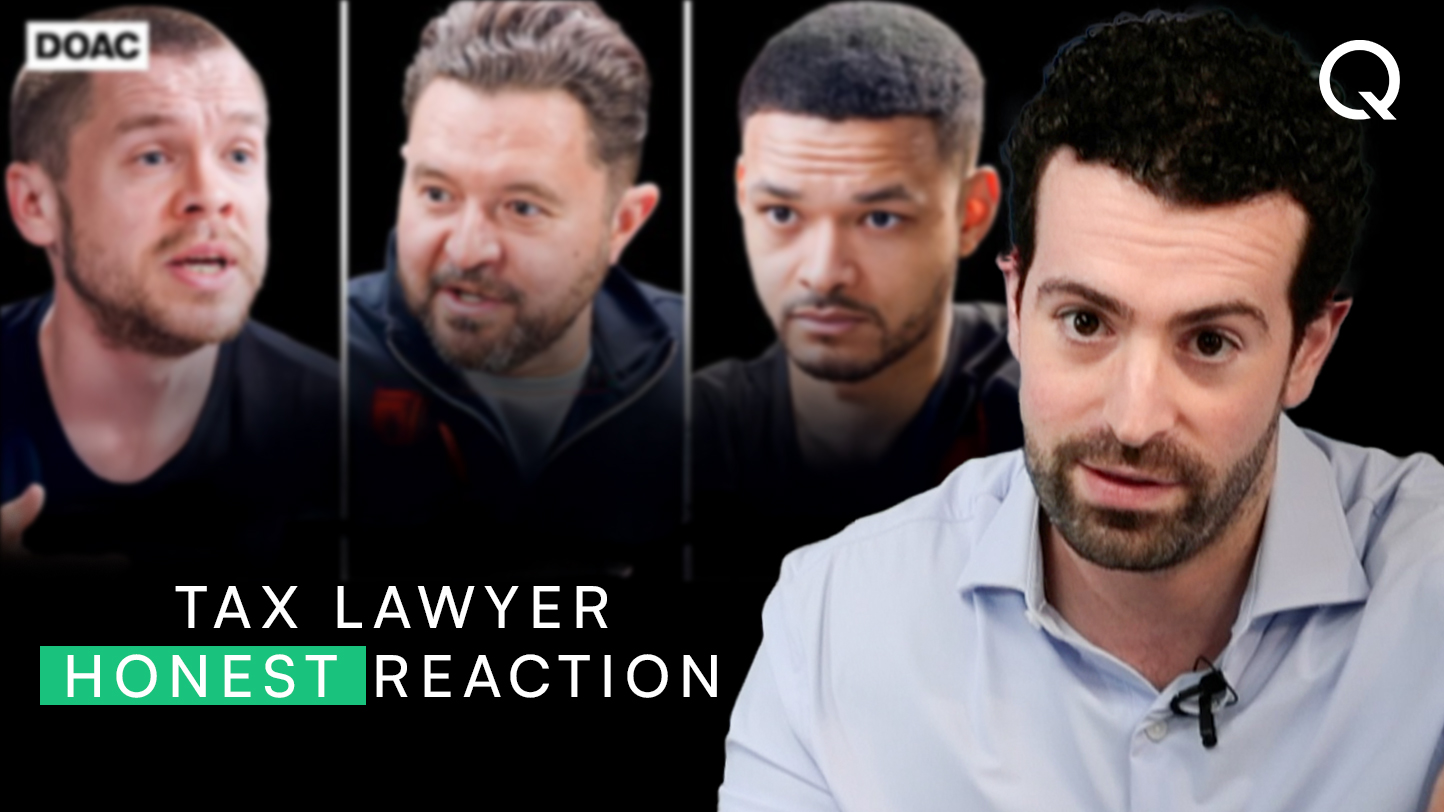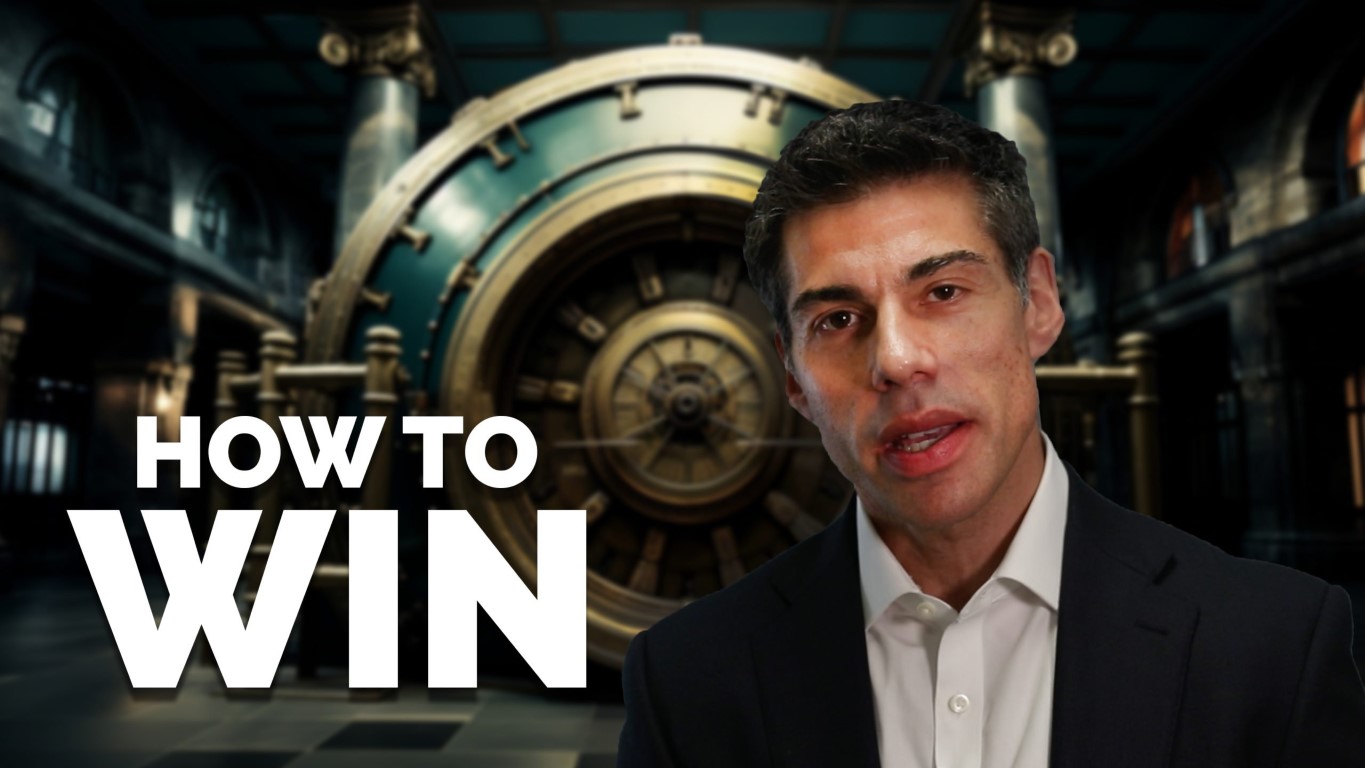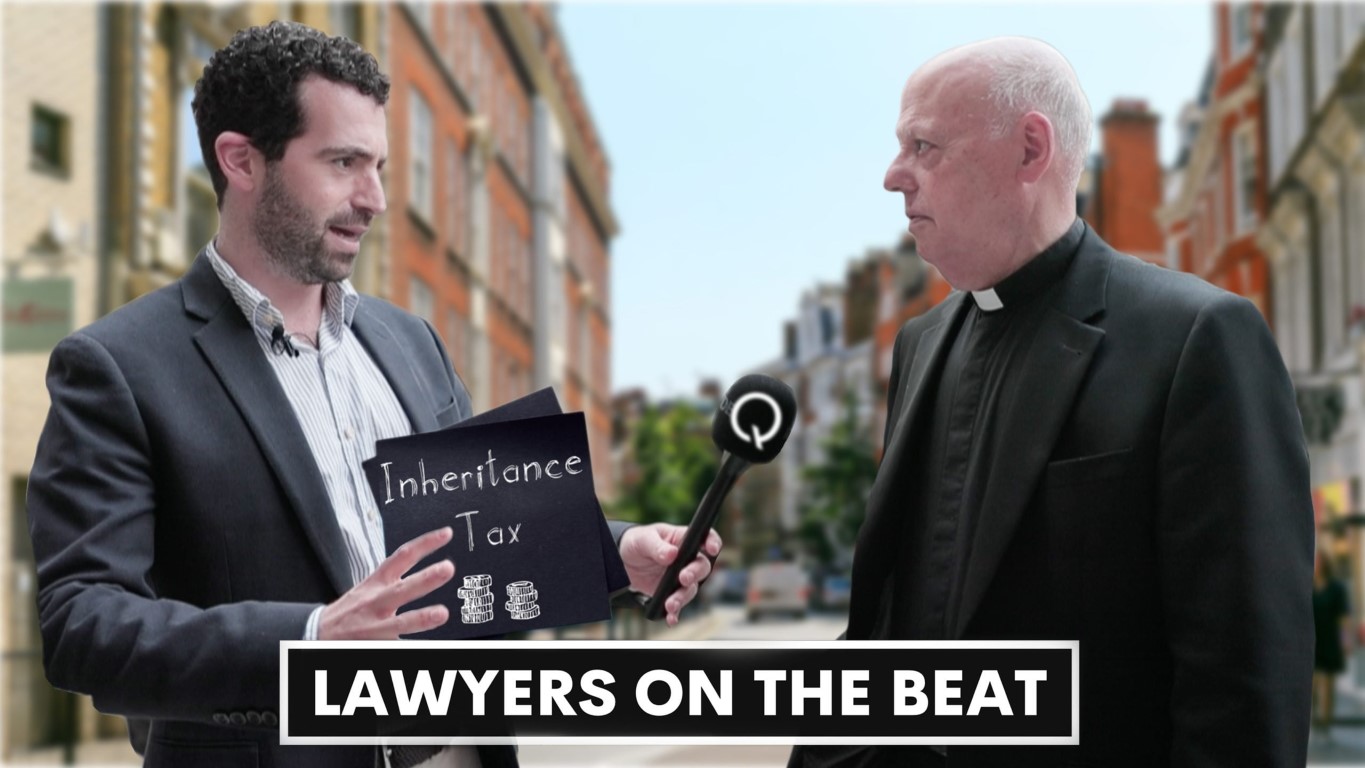In the video, private wealth & tax partner Ben Rosen tackles the most-searched public queries around one of the most frequently misunderstood vehicles in wealth planning–trusts. Following the response to our video on Diary of a CEO‘s tax debate, it became clear from the online commentary that people are unfamiliar with how they operate, particularly regarding taxation, asset protection, and on the death of a family member. Ben steps in to clarify.
Why are trusts used?
One of the most common misconceptions is that trusts exist primarily to avoid tax. In the UK, this simply isn’t the case. While tax considerations may come into play, trusts are fundamentally tools for succession planning, helping individuals preserve and manage wealth across generations.
Ben illustrates this with a relatable scenario: Imagine a successful business owner with two children, one actively involved in the business, the other not. The family may have concerns about inheritance being affected by potential issues like divorce, bankruptcy, or addiction. A trust can provide a balanced, protective structure, allowing the parent to support both children while safeguarding the longevity and values of the family business.
Why are trusts seen as complicated?
This often depends on who you ask. At their core, they are not complex. They are not standalone entities, but rather legal relationships between:
- The trustees, who look after the trust assets in accordance with the trust deed; and
- The beneficiaries, who can benefit from those assets.
The trust deed is a legal document outlining the powers and responsibilities of the trustees. Often accompanying this is a letter of wishes, a non-binding document that guides trustees on how to exercise their discretion in line with the settlor’s values and intentions.
The complexity often arises from legal terminology, not the concept itself. As Ben points out, understanding the “code” behind the legalese can make things clearer, something lawyers are trained to do for their clients.
Why are trusts so expensive?
Trusts exist on a spectrum. Some, like bare trusts, are straightforward and inexpensive. These might simply hold assets until a child reaches 18. Others, especially those involving complex family dynamics, business interests, or long-term planning, require tailored legal and tax advice, which can increase costs. The level of complexity, and therefore expense, should reflect the needs and goals of the person setting up the trust.
Why are trusts allowed?
Trusts are not shadowy loopholes; they are lawful, regulated structures. In the UK, most trusts must be registered with HMRC’s Trust Registration Service (TRS). This ensures transparency and compliance with financial and anti-money laundering regulations. Trusts are allowed within strict legal boundaries, and their existence supports legitimate planning needs, particularly where families are navigating intergenerational wealth or complex personal circumstances.
Final Thoughts
As Ben make clear, the purpose of trusts is not to game the tax system, but to provide flexible, legally recognised ways to protect assets, plan for the future and honour family wishes. When designed and administered properly, trusts are not about secrecy, they’re about clarity, control, and care.
Watch the full video to hear Ben’s answers in depth and understand why, far from being loopholes for the wealthy, trusts are vital tools for anyone navigating life’s complexities with foresight.










